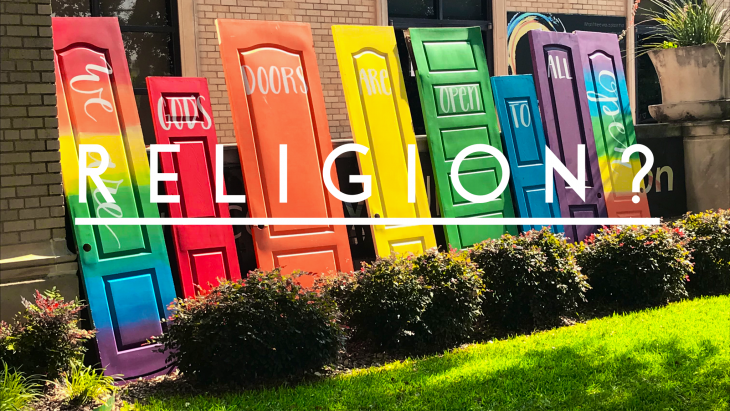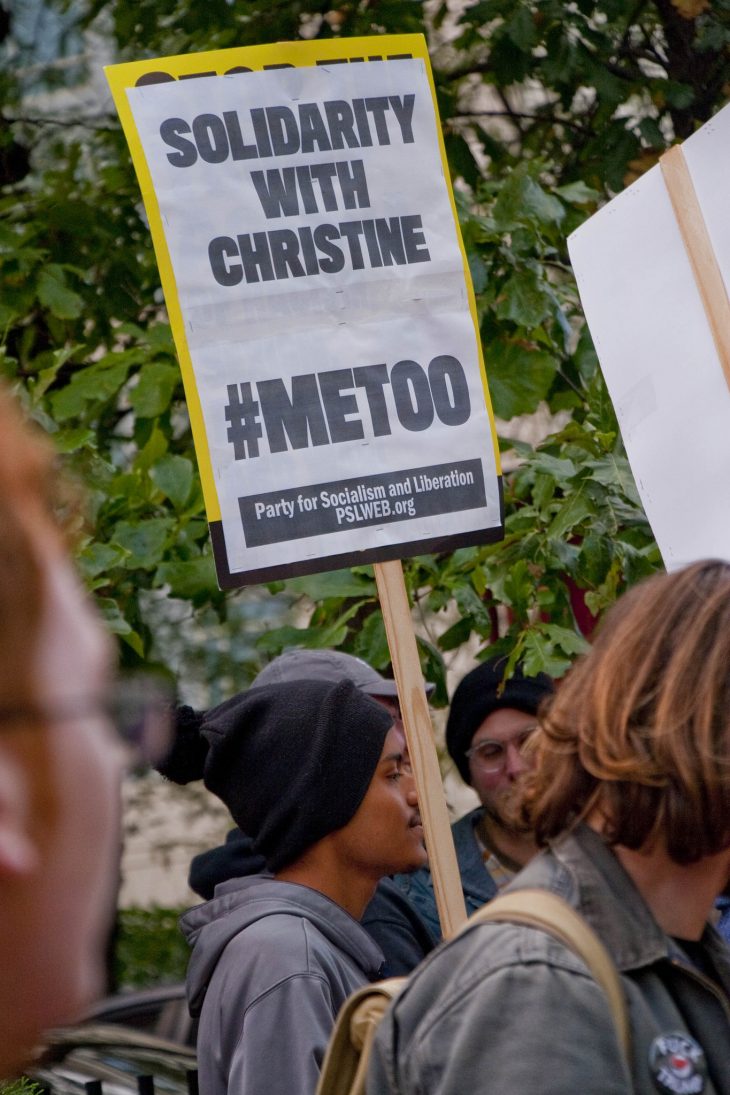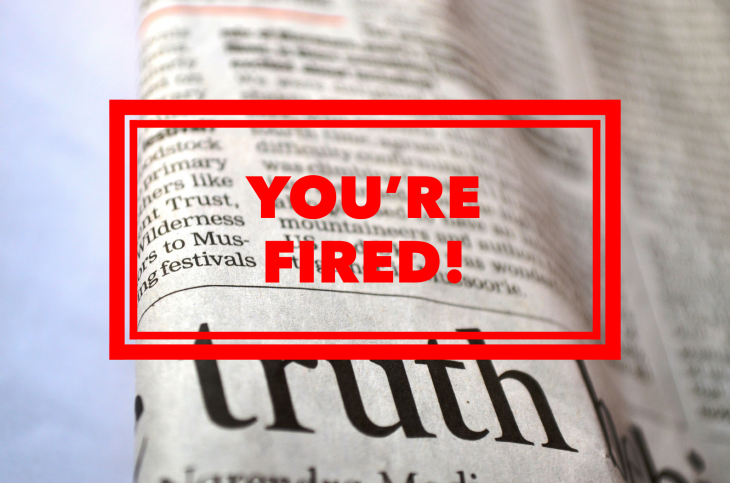There’s a great market in today’s culture for monetizing vulgarity. We witnessed this recently at the White House Correspondents’ Dinner.
Of course, part of a comedian’s job description is to push the envelope. George Carlin’s 1972 bit, “The Seven Words You Can Never Say on Television,” appalled many. But he made some great (and funny) points. What words are on the list? Who makes the list? He notes that you can really only discover what is out of bounds by trial and error. And that can be painful.
The problem of monetizing vulgarity and pushing boundaries is that the lines move. The list changes. Several recent examples remind us that comedy is a dangerous job.
Samantha Bee, a late night comedienne recently made headlines by using one of Carlin’s naughty words to describe Ivanka Trump. She’d used the word on her show several times before, but this context caused an uproar. Bee quickly apologized: “I would like to sincerely apologize to Ivanka Trump and to my viewers for using an expletive on my show to describe her last night,” Bee said. “It was inappropriate and inexcusable. I crossed a line, and I deeply regret it.”
Then there’s Rosanne. In a series of negative, politically oriented tweets, one about Valerie Jarrett (rightly) set off racism bells. She quickly apologized: “I am truly sorry for making a bad joke about her politics and her looks,” Barr tweeted. “I should have known better. Forgive me -my joke was in bad taste.”
The response by their respective employers is interesting (TBS (Bee’s employer) apologized but did not discipline her; ABC (Rosanne’s employer) cancelled her sitcom.). But what interests me more are the apologies themselves.
Maybe it’s just me, but it seems we get more and more apologies today. Athletes, politicians, clergy, and Hollywood types all telling us that what they said or did “in no way” represents who they are…or they “crossed a line”…or joked “in bad taste.” The phrases “deeply regret” or “truly sorry” placate us some, but these are pretty weak apologies…fauxpologies.
Jesus once said: “The good man brings good things out of the good stored up in his heart, and the evil man brings evil things out of the evil stored up in his heart. For out of the overflow of his heart his mouth speaks (Luke 6:45).” What we say, do, and tweet does represent who we really are…irrespective of our claims of “I’m sorry.”
So what makes a good apology? I was going to check with Dear Abby, but then I thought, “Why not ask my wife? She’s had to listen to bad apologies for the last 25 years!” First of all, she says, a good apology doesn’t include the phrase “I’m sorry” because it isn’t specific. You might be “sorry” you got caught, “sorry” this thing blew up in your face, or “sorry” you’re in this pickle.
Next, don’t make excuses and don’t include the word “but.” “I’m sorry, but…” mitigates personal responsibility and ends the discussion. Finally, in a good apology, the offender expresses what s/he did wrong and how it affected the offendee. My wife always likes to know that I know what I did wrong. If I understand how I screwed up, at least there’s a possibility I can learn from my mistakes.
This is great advice I have learned to appreciate over the years. But let me suggest a few more biblical elements of a good apology.
Paul was an Apostle – a type of overseer – of the Church in Corinth in Greece. He started the church and then moved on to other countries as he continued his missionary work. He appointed new leadership in Corinth to take over for him in his absence. He stayed in regular contact.
At one point he received a letter from one of the Corinthian church leaders named Chloe. She listed several issues with which the church was struggling and needed advice. Paul responded with a letter to the church suggesting a course of action. We call that letter 1 Corinthians.
One issue, in particular, was especially thorny. Paul gave his advice, but it doesn’t seem that the church followed it. Paul wrote them again…this time his letter was a bit stronger, a bit sterner. This letter has been lost to posterity.
But whatever Paul said in this lost letter worked. The church came around to Paul’s way of thinking. The thorny issue was put to rest. Paul describes this in another letter to the church (our 2 Corinthians). Paul writes that he regrets having to be so stern with the church in his second letter, but is happy with the outcome. “Now I am glad I sent it, not because it hurt you, but because the pain caused you to repent and change your ways. It was the kind of sorrow God wants his people to have, so you were not harmed by us in any way. For the kind of sorrow God wants us to experience leads us away from sin and results in salvation… (2 Cor. 7:9-10).”
So we can add to our definition of a good apology: repentance. The Greek word, literally translated, means a “change of mind/heart.” We might describe it as a U-turn. When Google Maps tells you that you’re going the wrong direction, you turn around.
It’s one thing to tell the world “I’m sorry.” It is quite another to say “I was wrong. I was completely misdirected. I have made significant course corrections.”
But Paul continues. “Just see what this godly sorrow produced in you! Such earnestness, such concern to clear yourselves, such indignation, such alarm…. You showed that you have done everything necessary to make things right (2 Cor. 7:11).”
I think this is the final part of a real apology: Restitution – the desire to make things right. When we screw up, when the vileness of our sinful hearts comes out of our mouths or onto our Twitter feed, when we recognize we were wrong…that what we said was hurtful, we want to make it right. As Paul says, our ugliness should alarms us…should make us indignant. We should be “sorry,” but that sorrow should lead us to change our ways and make restitution when possible, public when necessary.
This has kept me happily married for 25 years. We’ll see if it works for Rosanne and Samantha Bee. I’m not exactly sure what it might look like, but I guess we’ll know it when we see it.
















 RSS - Posts
RSS - Posts